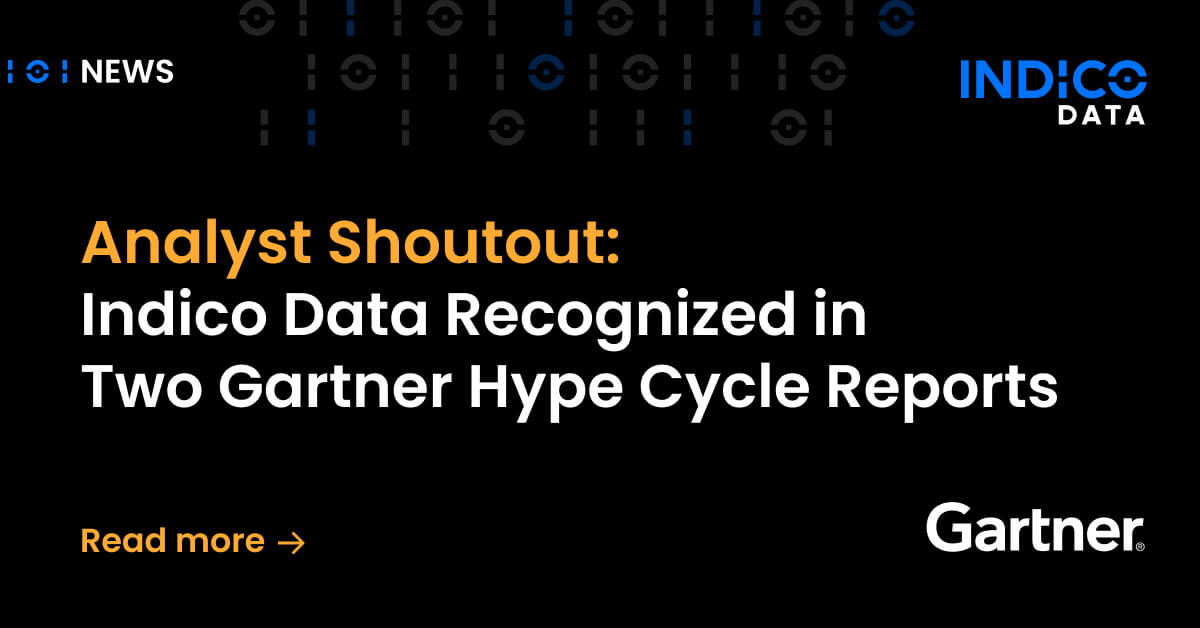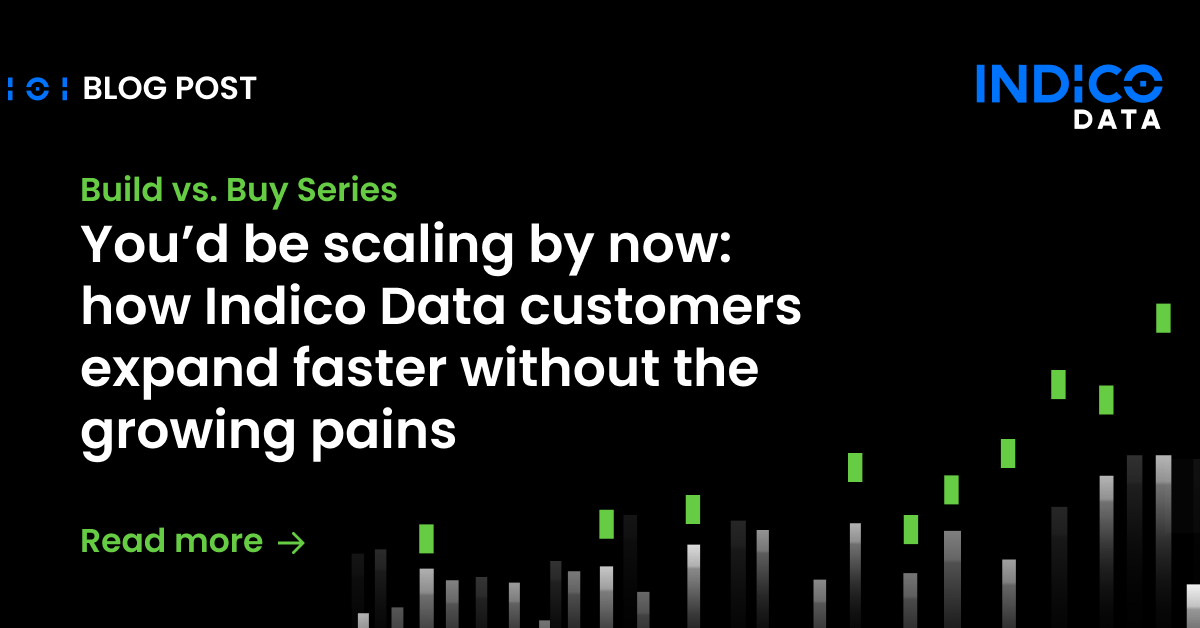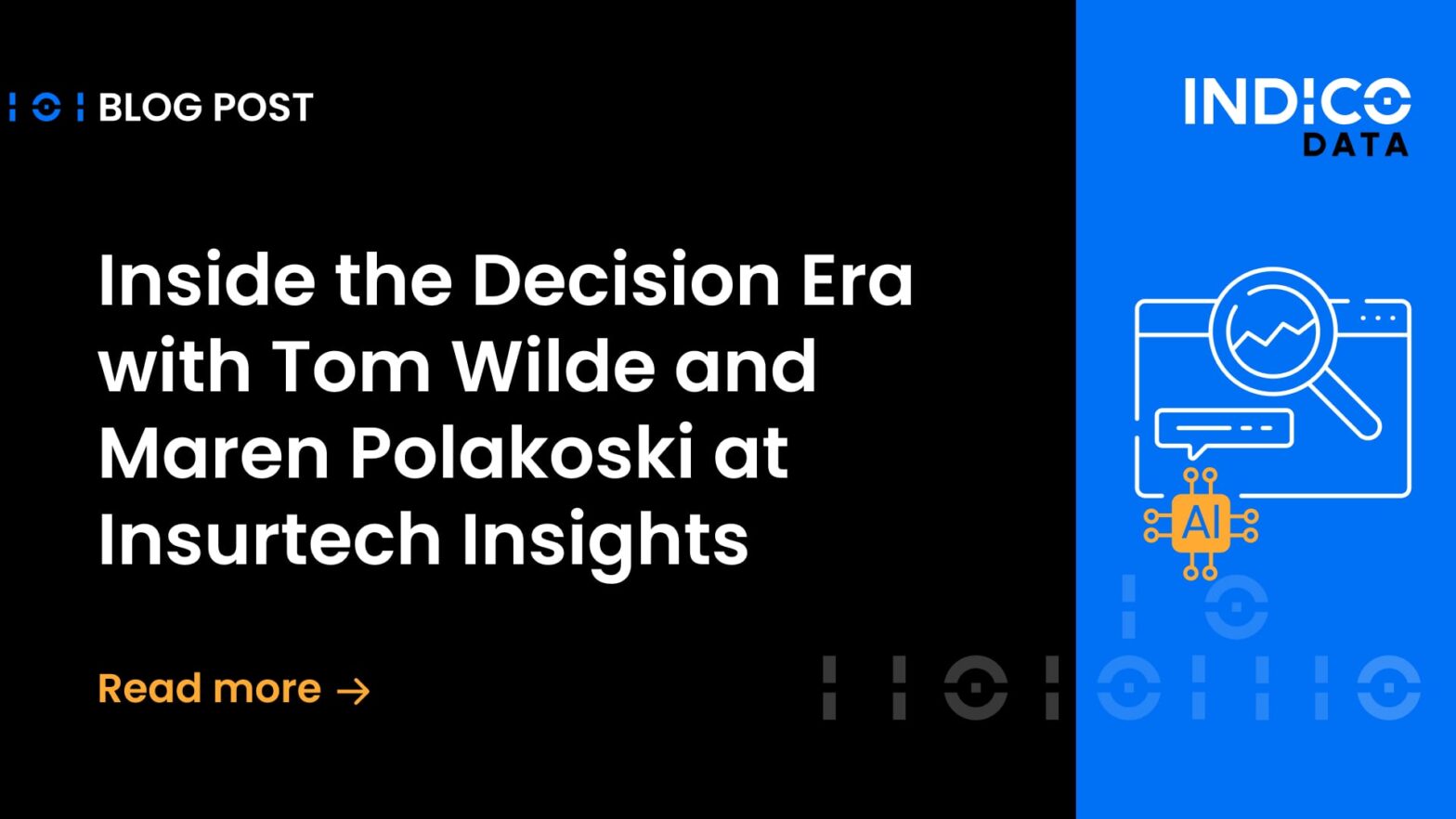In the second episode of the second season of Unstructured Unlocked, hosts Michelle Gouveia and Tom Wilde welcomed Asif Syed, Vice President of Data Strategy at Hartford Steam Boiler (HSB). The discussion centered around the strategic importance of data in the insurance industry, highlighting how effective data management and governance can drive significant business value.
Listen to the full podcast here: Unstructured Unlocked season 2 episode 2 with Asif Syed, VP, Data Strategy at Hartford Steam Boiler
Syed’s background and experience
Asif Syed has over 25 years of experience in data analytics and technology. Before his time at HSB, he worked with major companies like Tata Consultancy Services, Yale New Haven Health System, The Hartford, and XL Group. At HSB, he leads data governance, data engineering, third-party data integration, and data quality initiatives. As he put it himself, “I lead some of the data topics from a business perspective,” emphasizing his role in ensuring that data is ready for consumption across various business functions.
The importance of clean and usable data
The conversation began with a focus on the foundational aspects of data strategy. Michelle noted the significance of clean and usable data for automation processes, especially in the insurance industry—where accurate data is critical for underwriting and claims processing.
Syed emphasized the collaborative nature of his work, explaining that it’s a partnership with business units to ensure data needs are met effectively. “So most of the time we understand what problem they’re trying to solve… because we are closer to the data and we know what data is available in the marketplace,” he said, underlining the importance of a foundational understanding of business requirements to guide companies through data strategy. This ensures that the data used for risk assessments and policy pricing is accurate and reliable.
Related content: How a sound data strategy makes insurance underwriters more effective
Balancing internal and external data sources
A key theme of the discussion was the balance between internal and external data sources. Asif explained how HSB leverages data from both internal systems and third-party vendors to enhance their engineering and technical risk insurance products. “We influence the business discussion [with our clients by] saying that maybe we should collect this data from our internal partners or maybe buy it from external sources,” he elaborated, emphasizing the cost-effectiveness and quality considerations that go into these decisions. In the context of insurance, this balance helps in obtaining comprehensive data sets that improve the accuracy of risk models and underwriting decisions while balancing expenses.
Michelle asked Syed about the challenges faced when working with third-party data vendors. He pointed out that vendors often lack an understanding of the specific use cases for their data. He also touched on the increasing importance of AI governance, noting that insurance companies are responsible for ensuring that the data they use is free from bias. The insurance companies themselves must ensure that their third-party data is being gathered by the correct means, or else they could face serious legal consequences.
Evolution of data strategy
Tom Wilde steered the conversation towards the evolution of data strategy over the past decade and the recent impact of AI and large language models. Syed noted that while data has always been central to business discussions, the introduction of AI technologies like ChatGPT has significantly shifted the focus towards AI strategy—but that some companies are too eager to incorporate the new tech without having done their due diligence of ensuring high data quality. After all, “AI models are dependent on good quality of data.” Syed advocates for a balanced approach that addresses foundational data issues before jumping into AI solutions.
Related content: The imperative of data in decision-making in insurance with Tom Wilde and Robin Merttens
Looking ahead—strategic recommendations
As the discussion wrapped up, Syed shared insights on the future of data strategy in the insurance industry. He stressed the importance of having a clear business outcome in mind when implementing data projects. “Defining an outcome is still the most important thing, regardless of the tool or the technology or the data that you’re going to use,” he affirmed. Indico advises its clients to identify individual areas that would greatly benefit from AI integration rather than applying AI technology to their entire workflow—because it won’t be effective if applied haphazardly.
Syed also touched on the integration of emerging technologies like telematics, drone imagery, and IoT & sensor data into insurance processes. He highlighted HSB’s focus on leveraging these technologies to enhance their predictive maintenance capabilities and improve overall efficiency.
Conclusion
The episode concluded with Syed reiterating the need for continuous innovation and a balanced approach to data strategy. He emphasized the role of executive buy-in and the importance of aligning data initiatives with business goals to drive meaningful outcomes. Indico couldn’t agree more—a sincere and committed collaboration is required to successfully implement data strategies in any context.
Thank you for joining us for this episode! Be sure to subscribe and stay updated on future episodes, and check out the full podcast episode on your favorite platforms, including:
Subscribe to our LinkedIn newsletter.
Frequently asked questions
- What specific challenges does Asif Syed face when integrating third-party data with internal data systems at Hartford Steam Boiler? Asif Syed and his team at Hartford Steam Boiler encounter several challenges when integrating third-party data with their internal systems. One significant challenge is ensuring data compatibility and consistency, which involves aligning formats, ensuring data quality, and resolving discrepancies between different data sources. Another challenge is maintaining data security and compliance, especially when external data involves sensitive or regulated information.
- How does Hartford Steam Boiler ensure that the data used in their AI models is free from bias, especially when sourcing from third-party vendors? Hartford Steam Boiler tackles the challenge of ensuring data used in AI models is unbiased by implementing rigorous data evaluation procedures. This includes thorough vetting of third-party data sources for credibility and reliability, conducting regular audits to assess data integrity, and applying statistical techniques to detect and correct any biases in the data sets. Moreover, HSB involves cross-functional teams, including data scientists, legal experts, and ethicists, to oversee and guide the ethical use of data.
- Can Asif Syed provide examples of how HSB has successfully implemented AI technologies in their insurance products or operations? Asif Syed highlights several areas where AI technologies have been successfully implemented at Hartford Steam Boiler. For instance, AI has been used to enhance predictive analytics for equipment maintenance, helping HSB anticipate failures before they occur and thereby improve client service. Additionally, AI-driven tools have streamlined the claims processing system, reducing processing time and improving accuracy by automating data extraction and analysis. These applications not only enhance operational efficiency but also deliver a more responsive and reliable service to their clients.


